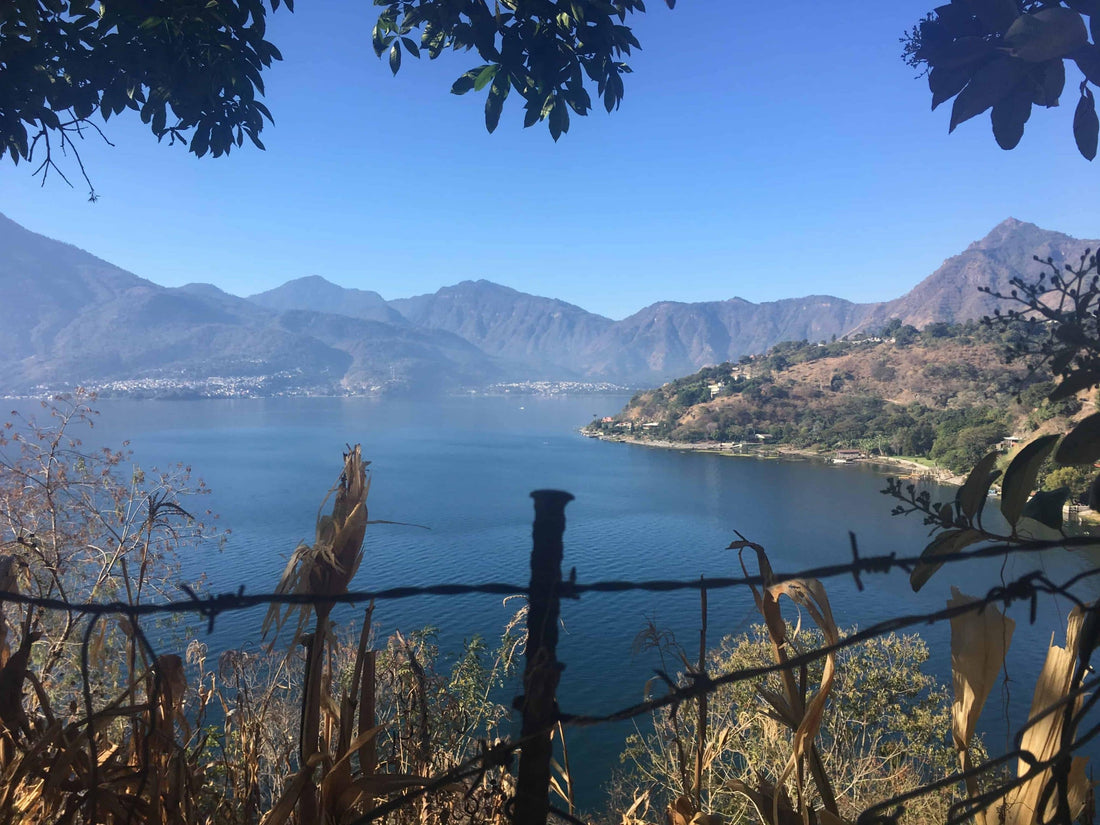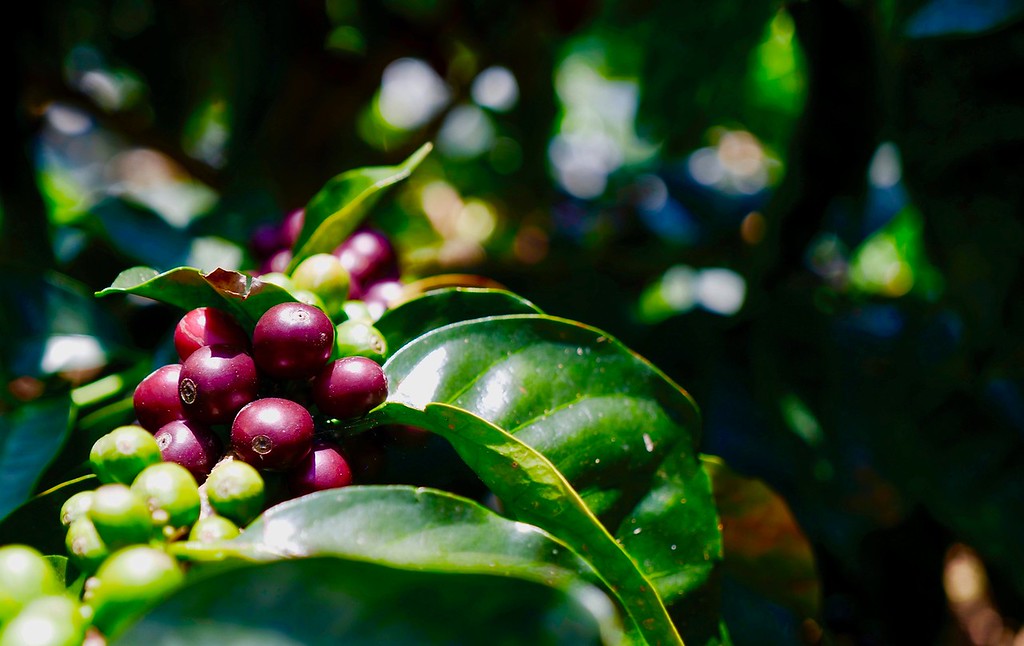
Articles
Roasters and Coffee Farmers Meet To Take On Climate Change

Big agriculture has been a driver of climate change for quite some time. The fossil fuels and synthetic chemicals used in the fields have had a negative effect in terms of emissions and the degradation of soils. Small farmer-led organic agriculture presents a counter to this problem and can actually contribute to a solution to global climate change. When more of the process is done by hand, when natural pesticides and fertilizers can utilized, and when the farming can take place in integrated and healthy forests and land, we see a blueprint for how farming can be more sustainable. These fields can actually sequester carbon as opposed to releasing into the atmosphere.
Last week I had the opportunity to meet with other roasters and many of our partner coffee farmers in Panajachel, Guatemala to discuss best practices and how farmers can measure their environmental impact as well as how they can begin to communicate these good practices to the coffee market. One of the main pieces for discussion was the Cool Farm Tool– a software-based tool introduced by the non-profit Sustainable Food Lab. The tool asks for tons of information from farmers regarding practices, inputs, and outputs. Based on the results, farmers and their organizations can measure their impact and begin to redesign or augment their farming practices..
The tool is incredibly interesting and offers a fairly plain assessment of coffee production’s impact on the climate. Most of the farmers present managed to “spitball” information needed for a rough assessment and all found that they were in very good shape in terms of their practices and their impact. Although this was a demo and not a comprehensive study, the results were very encouraging.
The discussion around the tool and its usefulness was good. Many farmers acknowledged that it would take a lot of resources and time to make the Cool Farm Tool effective in their organizations. The learning curve for using the software was apparent and the information needed from each farmer would be demanding– at least the first time through. We discussed how the information generated could help roasters as well and there was some talk of incentivizing farmers to participate through an added per-pound premium for their coffee. We also talked a bit about how roasters measure carbon footprint and how we could better share this information with our farmer partners.
By and large this meeting was a success and a great first step toward addressing climate change in our industry. While many of us in the global north have started to see the effects of global climate change, in the global south it has been apparent for a while now. Coming together to discuss and to improve our practices was a needed first step to spur action in our industry. Now if we could just get the world’s politicians on board…





